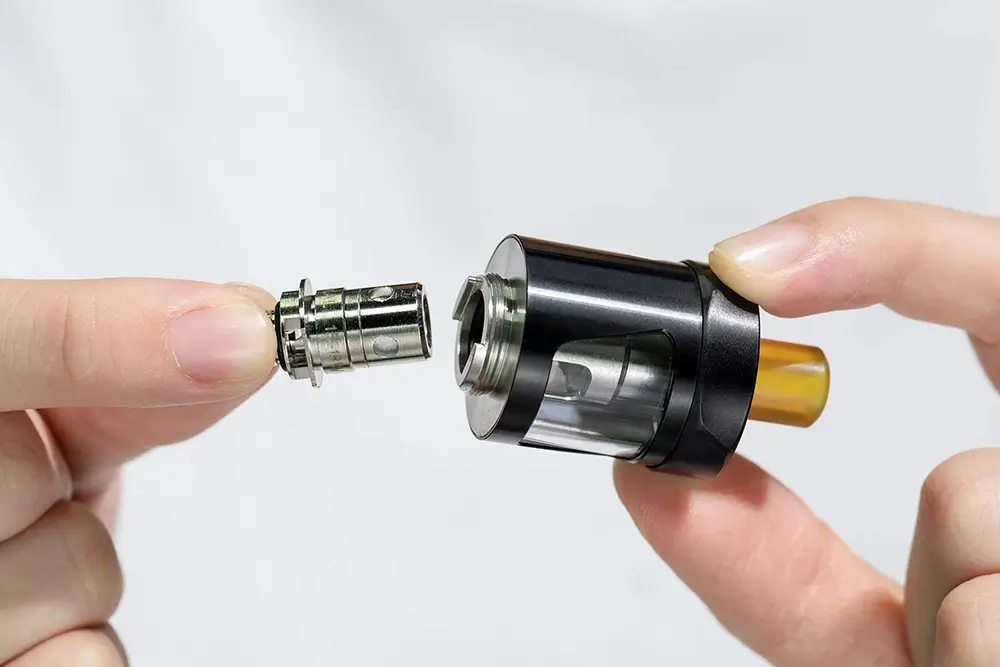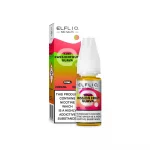Whether it’s a PAX 3 or a JUUL starter kit, all vape devices on the market will contain a coil. These small wires intertwined between your vape device’s battery and atomiser are the only thing standing between a surefire hit and a disappointing dud. Coils are responsible for transferring the electricity through, and thus providing the resistance for your vape device, acting as a sort of bridge for the power in your heat not burn device.
With so many different vape devices on the market, coils have had to adapt to the different needs of each. That’s why there are so many gauges, sizes and materials used in different coils. Depending on the brand you buy, you’ll find everything from alloyed metals to conductive ceramics, proving that even the smallest components of a vape device need a lot of consideration from their potential buyer. Below are the main types of coil you’ll come across, and some information on how suitable they might be for your vape device.
Coils And Resistance
Coils are responsible for transferring the electricity from the battery to the atomiser, where it is heated up and vaporised. The coil can be shaped into a range of lengths and gauges, which determine how much resistance it applies to the electrical system. The lower the resistance, the freer-flowing the electricity, meaning that more vapour is produced. Not all vape devices function best on low resistance; for the best results, you’ll want a lower-powered device to run on high resistance. This is why coil materials and gauges are so important.
Nickel
There are a broad variety of nickel coil alloys out there, one of the most popular of which is Ni200 wires. These coils are best used on temperature control devices but are unsuitable for variable current vaporisers. Make sure not to dry hit on these too often either, as this can really damage the nickel.
Nichrome
This mix of nickel (20%) and chromium (80%) is quick to heat up and resistant against metal oxidation. Only suitable for variable wattage devices, nichrome produces a warm, sumptuous vapour.
Kanthal
This metal superalloy is made of iron, chromium and aluminium, and is one of the most popular coils in vape shops in Londonfor DIY vaping and builds. Only suitable in variable wattage devices, and with a slightly slower heat up time than some, kanthal’s merits lie in the fact that it has a malleability perfect for your own coil builds.
Titanium
Titanium is a flexible coil that is primed for DIY vape builds. Producing an especially smooth vape hit, and because of titanium flammability, is best used on temperature control devices, especially those that provide a TC Ti vaping mode.
Stainless Steel
Stainless steel vape mods are the most diverse on the market because of the different “grades” you can buy them in. 430 graded stainless steel is the most interesting of the collection, with it being magnetic and the most durable of the lot. That being said, all grades of stainless steel coils are compatible with both temperature and wattage mode devices.
Ceramic
Made from a porous material, the smooth draw of ceramic coils means that you’ll get more flavour and larger vape clouds. This makes them perfect for high powered and sub-ohm mods, giving an airier vape hit that keeps large inhales cool on the throat, and minimise dry hits.





